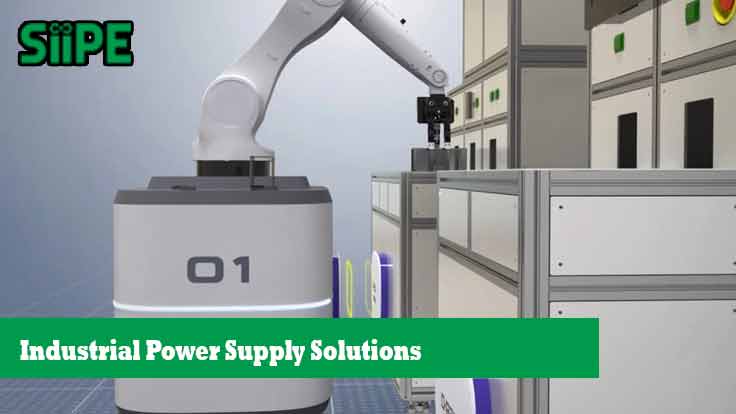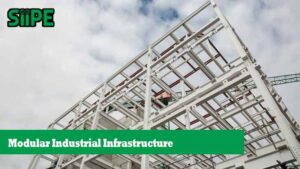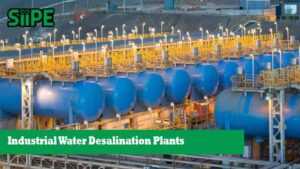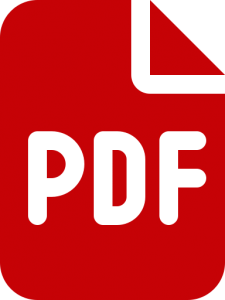In the modern industrial landscape, power supply solutions play a crucial role in ensuring the smooth operation of manufacturing plants, automation systems, and large-scale industrial facilities. Industries require stable, efficient, and uninterrupted power sources to maintain productivity and prevent costly downtime. This article explores various industrial power supply solutions, their importance, and the latest trends in the sector.
Importance of Industrial Power Supply Solutions
Industrial operations rely heavily on robust power supply systems for several reasons:
- Operational Continuity: Power outages can halt production lines, leading to financial losses and reduced efficiency.
- Safety Assurance: Unstable power can cause equipment malfunctions, increasing the risk of accidents.
- Energy Efficiency: Modern power solutions are designed to reduce energy consumption and lower operational costs.
- Compliance with Regulations: Many industries must adhere to strict energy and safety regulations, making a reliable power supply essential.
Types of Industrial Power Supply Solutions
1. Uninterruptible Power Supply (UPS) Systems
UPS systems provide backup power in case of sudden outages, ensuring that critical processes remain operational. They are particularly essential in data centers, manufacturing plants, and healthcare facilities. UPS systems are available in different types:
- Offline UPS: Suitable for less critical applications, switching to battery power during outages.
- Line-Interactive UPS: Offers voltage regulation and power conditioning along with battery backup.
- Online Double-Conversion UPS: Provides continuous power protection, ensuring a seamless transition during power disruptions.
2. Industrial Generators
Generators act as a secondary power source, kicking in during extended power outages. These are commonly used in industries where power failures can lead to significant losses. They can run on:
- Diesel
- Natural Gas
- Biogas
Modern generators are often integrated with automatic transfer switches (ATS) to ensure a smooth transition from the main power source to backup power.
3. Power Distribution Units (PDU)
PDUs efficiently distribute electricity across industrial facilities, ensuring that all equipment receives adequate power. Smart PDUs can monitor and optimize power usage, contributing to energy efficiency.
4. Power Inverters and Converters
These devices convert electrical energy from one form to another.
- Inverters convert DC power into AC power, commonly used in renewable energy applications.
- Converters change voltage levels or frequency, essential in international industrial operations with different power standards.
5. Industrial Transformers
Transformers adjust voltage levels to match industrial equipment requirements. They play a key role in power distribution networks, ensuring machinery receives appropriate voltage without overload risks.
6. Energy Storage Systems (ESS)
Modern industries are increasingly incorporating energy storage solutions such as lithium-ion batteries and supercapacitors. These systems store excess energy and provide backup power when needed, reducing reliance on traditional power grids.
Trends in Industrial Power Supply Solutions
1. Smart Power Management
With advancements in the Industrial Internet of Things (IIoT), smart power management systems enable real-time monitoring and predictive maintenance. Companies can optimize power usage, reduce waste, and prevent failures through AI-driven analytics.
2. Renewable Energy Integration
Industries are shifting toward sustainable energy sources such as solar and wind power. Hybrid power solutions combining traditional energy with renewables are becoming more prevalent to reduce carbon footprints and operational costs.
3. Modular Power Solutions
Modular power supply units provide scalability, allowing industries to expand their power capacity without overhauling their entire system. These solutions offer flexibility, reliability, and ease of maintenance.
4. Energy-Efficient Designs
Modern industrial power solutions focus on energy efficiency to reduce operational costs. High-efficiency UPS systems, low-loss transformers, and smart grid integration contribute to overall sustainability.
Choosing the Right Industrial Power Supply Solution
When selecting a power supply solution, industries should consider:
- Load Requirements: Understanding power demand helps in choosing the right capacity.
- Redundancy Needs: Critical operations may require multiple backup solutions.
- Environmental Conditions: Harsh industrial environments may need ruggedized power solutions.
- Cost Efficiency: Balancing upfront costs with long-term savings through energy-efficient technologies.
Conclusion
Industrial power supply solutions are essential for maintaining operational stability, safety, and efficiency. As industries continue to evolve, adopting modern, energy-efficient, and smart power solutions will be crucial in ensuring sustainable growth. By leveraging the right combination of UPS systems, generators, energy storage, and renewable integration, industries can achieve resilience and cost-effectiveness in their power management strategies.
Q&A
1. What is the most reliable power supply solution for industries?
The most reliable power supply solution depends on industry needs. A combination of UPS, generators, and energy storage systems ensures maximum reliability.
2. How can industries improve energy efficiency in power management?
Industries can improve energy efficiency by integrating smart power management systems, using energy-efficient equipment, and leveraging renewable energy sources.
3. What are the benefits of using renewable energy in industrial power supply?
Renewable energy reduces carbon footprints, lowers long-term costs, and enhances energy security, making industries more sustainable.
4. How do smart power management systems help industries?
Smart power management systems provide real-time monitoring, predictive maintenance, and data-driven optimization to enhance power efficiency and reliability.
5. What factors should be considered when selecting a power supply solution?
Key factors include load requirements, redundancy needs, environmental conditions, and cost efficiency to ensure an optimal power solution.











